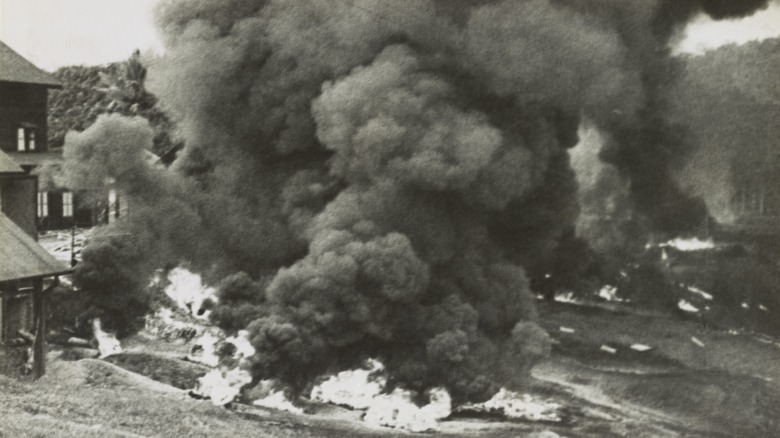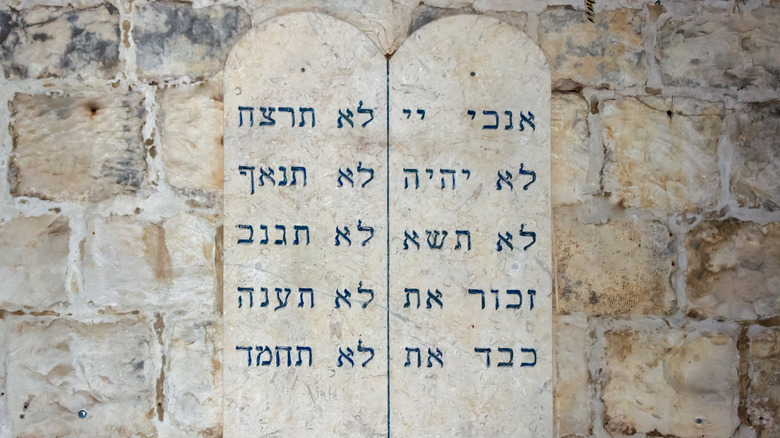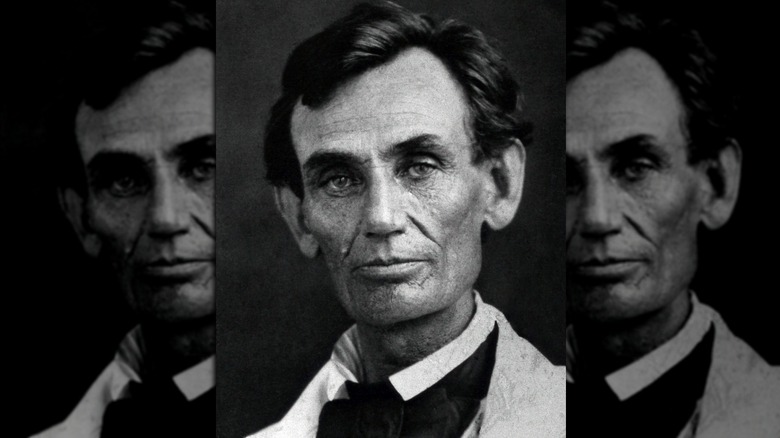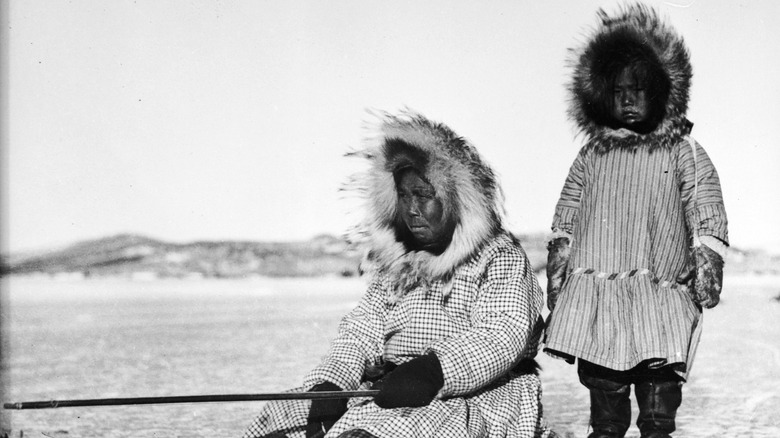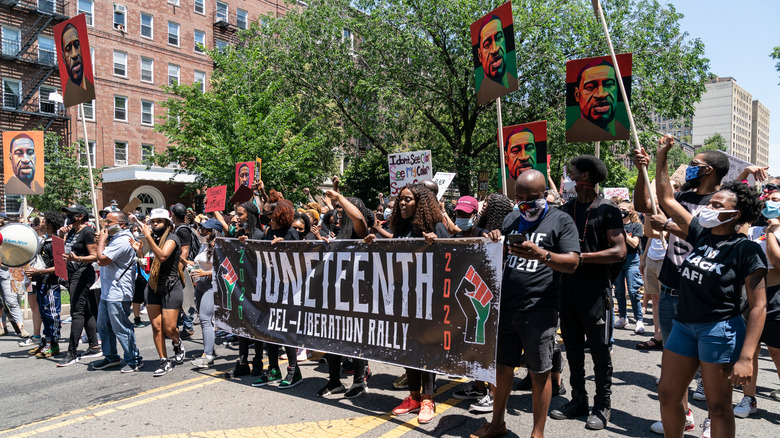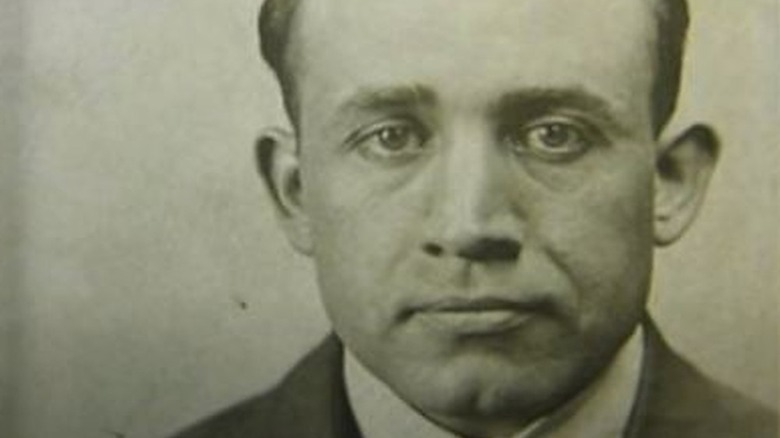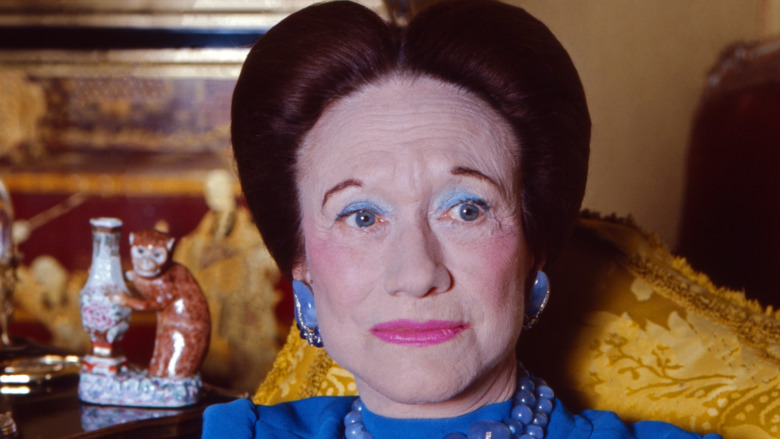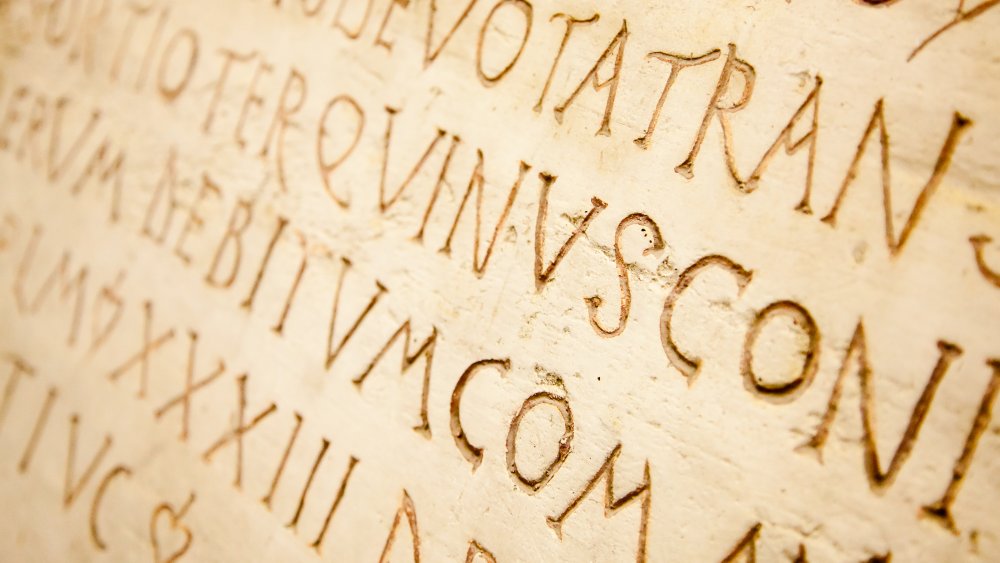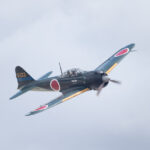
Why Patrick Heenan Is Considered A Historical Traitor
As the biggest conflict in human history, World War II had its fair share of double-crossers and double-agents. Some, including “Axis Sally,” the first woman to be convicted of treason in American history, are well-known (via Listverse). Others are more obscure, as is the case with the only New Zealander accused of treason during the war, British Indian Army Captain Patrick Heenan.
Heenan was stationed in northern Malaya, a British colony in 1941 and now part of modern-day Malaysia and Singapore. Many locals spied for the Imperial Japanese army as they were keen to overthrow their British overlords, but none were as effective as the Kiwi turncoat who helped southeast Asia fall out of British hands. When the Japanese invaded on December 8, the same day as the attack on Pearl Harbor, Heenan’s espionage was vital to their success in destroying most Allied aircraft in the area.
Heenan's troubled upbringing may have led to his treachery
According to Historynet, Heenan was born in Reefton, New Zealand in 1910 to a single mother. She met a man named George Heenan and the pair traveled to Burma with an infant Patrick, posing as a happy, married family. Patrick had a dark complexion, as his biological father was likely Indian or Maori, and this would plague his social status throughout his life. Heenan was not a particularly bright student, nor did he make many friends, described as a loner and a bore. When he made it to the British Indian Army, he was ridiculed and remained of low rank despite four years of service.
Granted “long leave” of six months, Heenan traveled to Japan. When he returned, he was skilled in photography and handling radio equipment, having been recruited as a spy for the Japanese, likely as revenge for his troubled childhood and service. When war broke out in 1939, Heenan for once impressed his commanders with brave, brutal performances in combat, and was finally promoted in October 1940. When the Japanese invaded Malaya in December of next year, Imperial Japanese aircrafts always seemed to know the correct “friend or foe” codes, though these would have been changed daily; this led to their overwhelming success in destroying Allied aircraft. A warm radio was found in Heenan’s quarters. He was arrested and sent to military prison in Singapore but was shot dead by guards before a formal trial.
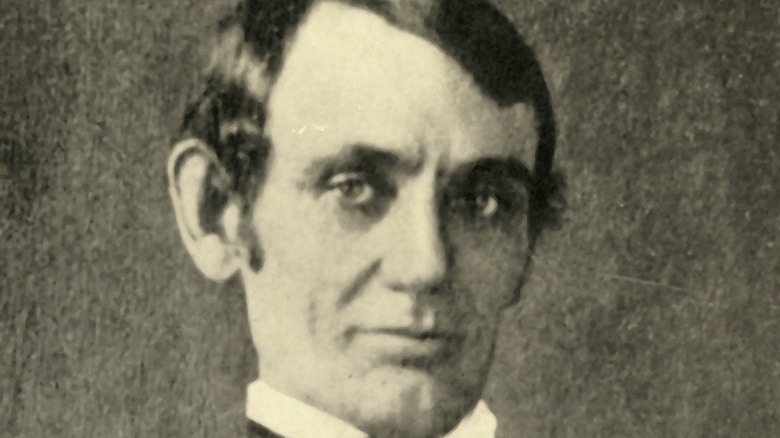
Why Abraham Lincoln Nearly Dueled His Rival James Shields
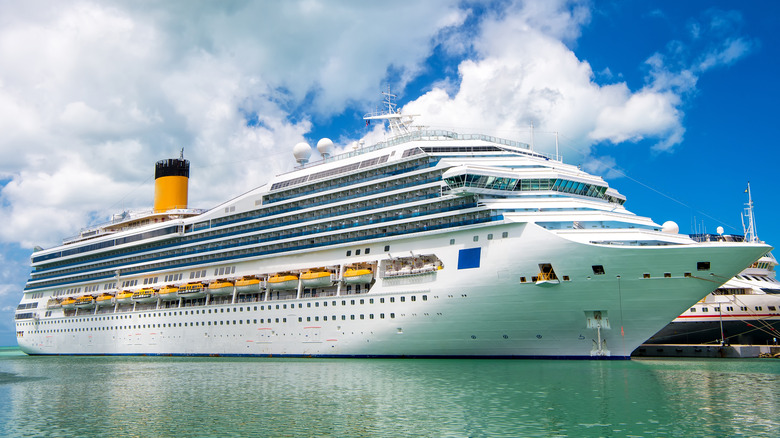
Inside The Mysterious Disappearance Of Rebecca Coriam

The Untold Truth Of Methuselah

How Was Serial Killer Guy Georges Finally Caught?

Who Has The Most Stars On The Hollywood Walk Of Fame?
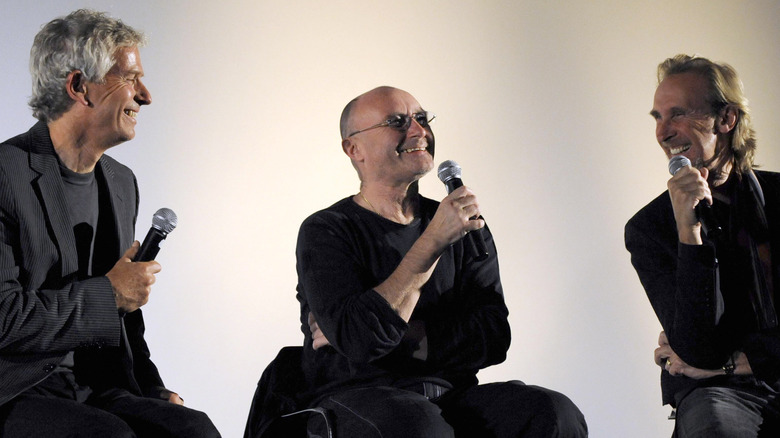
How Genesis Made That Odd Sound In No Son Of Mine

The Tragic Life Of Kurt Vonnegut
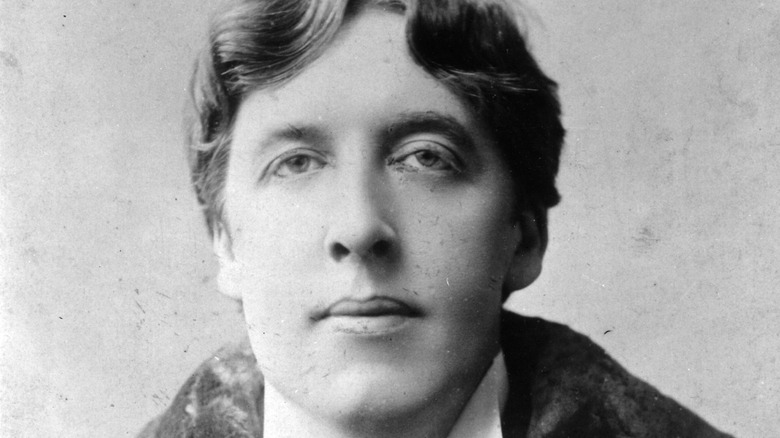
Oscar Wilde Could Have Avoided Jail. Here Were His Options

Making A Murderer: Steven Avery's Latest Rejected Appeal Explained

The Tragic Death Of Stevie Ray Vaughan
